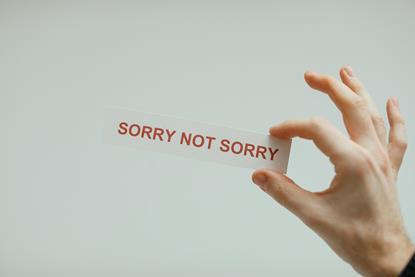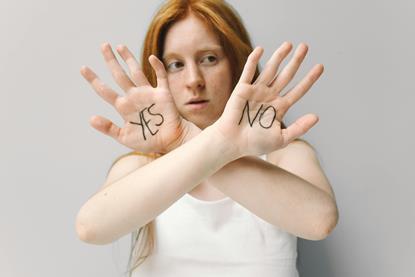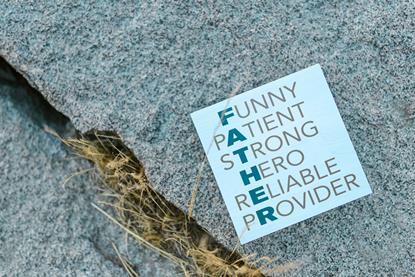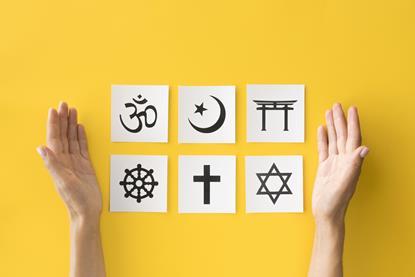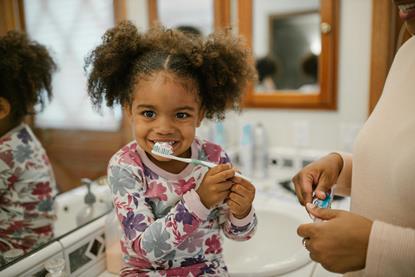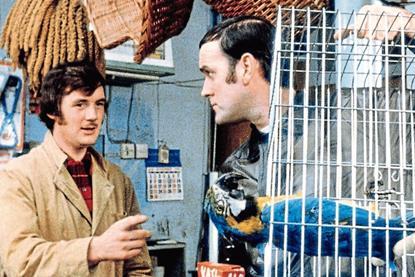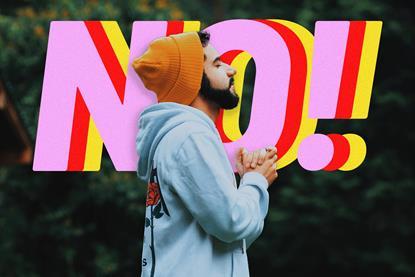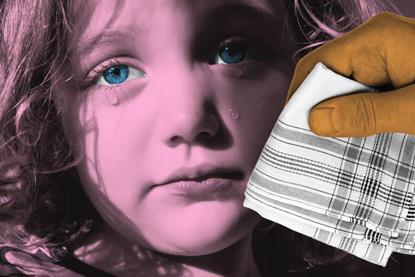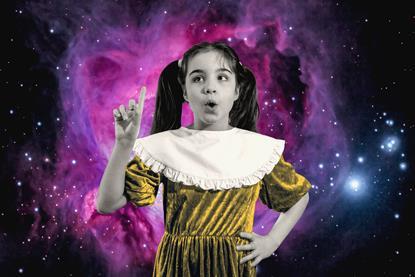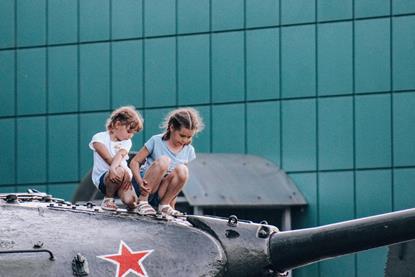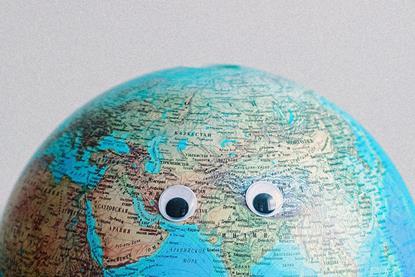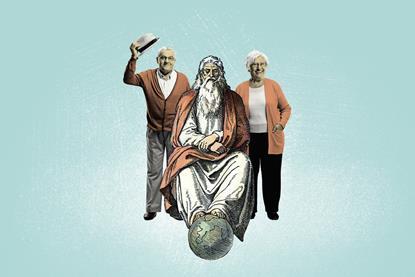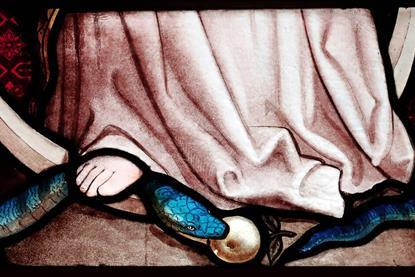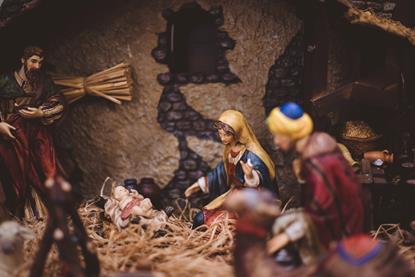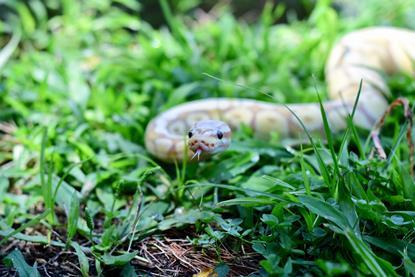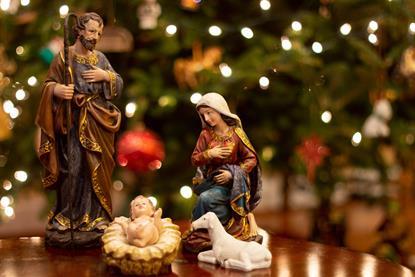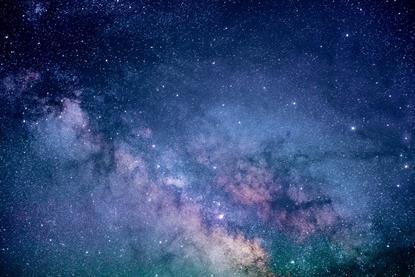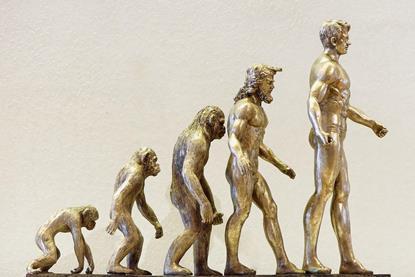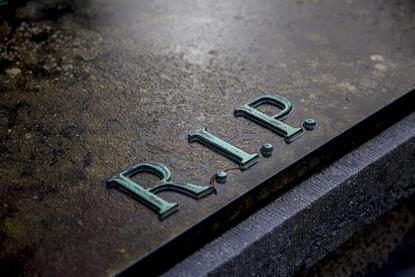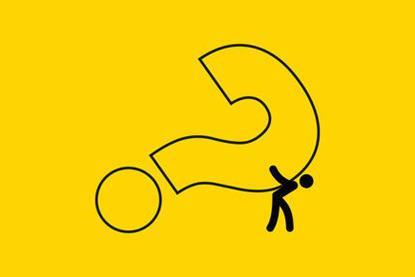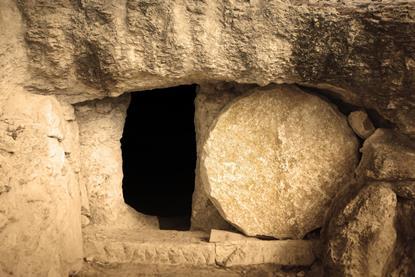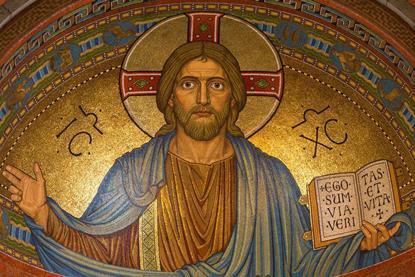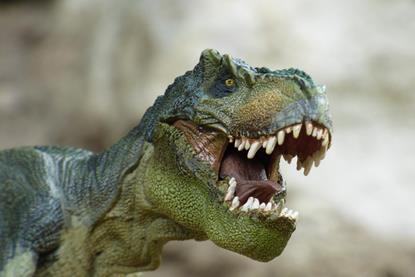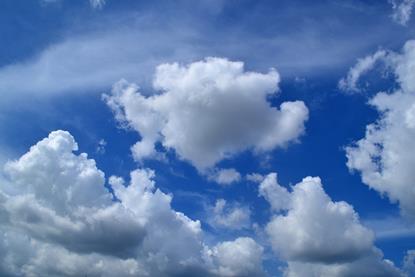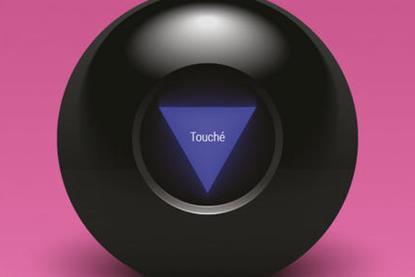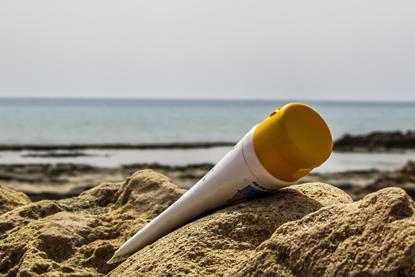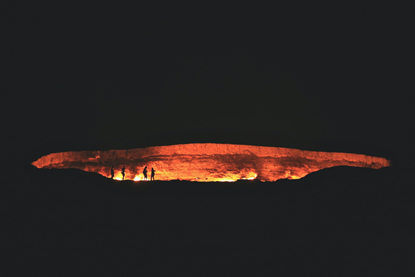- Home
- About
- Topics
 Addicted, anxious and online: What every Christian parent needs to know about social media and wellbeing
Addicted, anxious and online: What every Christian parent needs to know about social media and wellbeing Famous online? Helping your child navigate the allure of social media
Famous online? Helping your child navigate the allure of social media ‘Before we point the finger at Russell Brand, the church needs to get its own house in order and educate young people about consent’
‘Before we point the finger at Russell Brand, the church needs to get its own house in order and educate young people about consent’
- Stories
- Connect
- NexGenPro
- Donate
Awkward Questions
Answering your child’s questions: Why should I say sorry?
When did “sorry” stop meaning “sorry”? And… what does this mean for how we approach the topics of sin and repentance with our youth and children?
Answering your child’s questions: What’s the point of praying? Because God doesn’t change
We know that prayer matters, but if your home is anything like mine then the fast pace of busy family life often means it doesn’t get the time or the focus that you wish it did. With conflicting clubs and extracurricular activities routines are all over the place and bedtimes are not as consistent as they once were. Mealtimes are chaotic and often filled with others around the table too, and those special moments when you’re all together as a family are too few and far between.
Answering your child’s questions: Why is God a Father?
With Father’s Day just around the corner you’ve probably begun to notice that the shelves have filled up with bright ties and blue socks declaring “BEST DAD EVER” and “DAD YOU’RE ROARSOME!” (who actually buys those?) Teachers are scrolling Pinterest for new ideas of cute crafts, and our kids are spending their days creating beautifully unique handprint cards - just like everybody else! Whilst this day is quite rightly a celebration of the men in our lives who care so wonderfully for their families, it is also a painful reminder of what has been lacking for so many others.
Answering your child's questions: Aren’t all religions basically the same?
I don’t know if you’ve ever done this thought experiment. Humour me for a moment.
Answering your child's questions: What does God look like?
Once upon a time, I was helping my 5-year-old brush her teeth, and she asked, “Does God have teeth?”
Answering your child’s questions: Is God dead?
“This parrot is no more! It has ceased to be! It’s expired and gone to meet its maker! This is a late parrot! It’s a stiff! Bereft of life, it rests in peace!”
Make your home the safest space for the biggest conversations with your youth and children
I don’t know if you knew this already, but you parents are scary to many younger youth workers.
Why didn’t God answer my prayer?
Do you have some prayer quandries you want to ask God about?
Why is there so much pain in the world? Why doesn’t God stop it?
What’s the toughest question on suffering you have had to answer?
Jesus says we can live forever. But how do we explain this to a child?
Does the idea of eternity thrill you?
The questions young people have about sharing their faith, and how to answer them
What do you think stops young people sharing their faith?
How to talk to your children about war
Has war ever been a topic you have discussed?
Why did God make the world?
Is this a question you have ever been asked?
Did God have a mum or a dad?
Have you ever been asked this?
Why should I wait to have sex?
The idea that you should not have sex before your marries is wierd isn’t it?
‘Does Jesus eat in Heaven?’
How would you answer your child if they asked you this?
Why didn’t God just kill the devil?
What’s the last question one of your children asked you?
Why do only two gospel writers describe the events of the first Christmas?
Which is your favourite birth narrative?
“Mummy! Is Santa real?” How do you answer?
When did you first know the truth about Santa?
Will there be toilets in heaven?
What is the oddest thing you have been asked?
Why did God put the snake in the garden?
Sometimes the deepest questions come from our children
Is the nativity an actual true story?
“Christmas? Myth-mas, more like?”
If God created everything, who created God?
These days, many people claim that science has disproved God. But if you look at what scientists are actually discovering about the universe, you will realise that the opposite is true.
Can I believe in the Bible and evolution?
Does believing in evolution mean Adam and Eve didn’t exist and the Bible is wrong?
How can I hear from God?
“What do people mean when they say God talks to them? It’s not like he says: “Hello, Phoebe. How are you?”
Who made the devil?
How would you answer this question?
Will my pet go to heaven?
“What happens when Susan my sausage dog dies?”
What happens when you die?
What Marvel movie Doctor Strange teaches about this life and the next
Was Jesus a magician?
“He behaved like one. So does that mean he just did tricks?”
If God forgives, can I do whatever I want?
“If Easter tells us that God forgives everything, can I just do whatever I want and then say sorry?”
Did Jesus really rise from the dead?
It’s hard to scientifically prove whether Jesus rose from the dead. But, like in a law court, eyewitnesses play an important part in helping us figure out what actually happened.
Was Jesus white?
To some, ‘was Jesus white?’ is a stupid question, right up there with ‘do birds fly?’ and ‘is grass green?’ But to others it is vitally important.
Answering your child’s questions: What does the Bible say about dinosaurs?
Mentions of God’s creation appear at various points thoughout the Bible but the main place where we read about this is in the first book of the Bible, Genesis. Genesis doesn’t talk about dinosaurs roaming the earth. But then neither does it mention cats, penguins or squirrels!
Do miracles happen?
Miracles are hard to get our heads around, but if we believe in God it shouldn’t be too difficult to also believe in miracles.
Do questions always need answers?
I take my hat off to the young people of today. Everyone is telling them who to be and what to think. Meanwhile, their education encourages them to reason, rationalise and evaluate texts, equations and hypotheses.
Does God need suntan lotion?
This question asks if God is like us. Does God struggle with the things we struggle with?
Was Mary really a virgin?
This time of year is full of magic and mystery. Alongside guiding stars, angels and divine dreams, the virgin birth tops the list of hard-to-believe Christmas stuff.
If ‘God is love’, why are there so many natural disasters?
Recently, we’ve seen hurricanes annihilate towns, earthquakes devastate communities and floods kill thousands across the world. Even for hardcore believers, these heartbreaking circumstances raise questions about the goodness of God. Surely someone so ‘loving’ wouldn’t allow such awful things to happen?
Big Question: Do ghosts exist?
Even the most ancient stories contain accounts of ghosts, and interest in the supernatural doesn’t seem to be waning. A 2016 YouGov survey reported that more Brits believe in ghosts than a creator God. A 2006 Barna group study of 4,000 teenagers found that 73 per cent had engaged in at least one type of psychic or witch-related activity.
How could a good God send people to hell?
Some people don’t believe in God. Others think that that if God is real, he’s not nice. One reason for this is the idea of hell. How can someone nice send people to hell?
Can you prove God exists?
Can you prove that God exists? Well, that depends what you mean by ‘prove’. True proof only exists in maths. I can prove 2 + 2 = 4, but even scientists need a certain amount of ‘faith’. In order to ‘do’ science, they have to believe there is order to the world - that things will react in a certain way because forces, such as gravity, are at work.
Will my pets be in heaven?
The Bible is full of passages which show us how much God cares about animals. In the story of Noah, the animals’ safety is a huge priority for God. They are also included in the promise and special relationship (covenant) which God makes with Noah and his family after the flood. Does this mean that when the end of the world comes, animals will be saved again?
What about dinosaurs?
Some Christians think that the Earth isn’t old enough to support the existence of dinosaurs. Using various Biblical family trees, they trace the start of the world to around 6,000 - 12,000 years ago. Dinosaur fossils however suggest they existed billions of years ago, making the world and its inhabitants much older. Christians who believe in this ‘young’ Earth may either argue that dinosaurs never existed or that they existed more recently and the dating of fossils is unreliable.
If God forgives everything, does it matter what I do?
Why do we need forgiveness? Christians talk about ‘sin’, which is a bit of a confusing, old-fashioned word. It makes more sense if we look at its original meaning: the Greek word for ‘sin’ came from an archery term meaning ‘to miss the mark’. Sin isn’t just the obvious stuff like murder or stealing, it’s anything that ‘misses the mark’, that falls short of God’s perfect standard. A standard none of us can meet.
Will my Muslim friend go to hell?
There are many questions that stop young people wanting to know more about God. Welcome to The Big Question, which will tackle one of these huge issues each month.
Why does God hate my gay friend?
It’s tragic that many LGBT+ teenagers think they would not be welcome in a church or a Christian’s home. For any part that we as youth workers, or the Church have played in giving that impression, we’re sorry. We’re sorry because it is utterly heart-breaking but also because it isn’t true. In fact, this anti-welcome couldn’t be further from the truth. The Church isn’t, nor was ever meant to be, a museum of saints (thank God!), but a place where broken people (all of us) get to come and meet with a God who loves them unconditionally.
Loaded Questions
Last month, we were all captivated by Channel 4’s Porn on the brain documentary. The show followed Martin Daubney, former editor of Loaded, as he explored the impact of online pornography on teenage brains. Through the course of the investigation, it was proved for the first time that regular use of pornography can have an addictive effect, similar to that of alcohol or substance abuse. The programme also highlighted one teenager, Callum, whose addiction was shockingly severe. Martin spoke to Youthwork’s Jamie Cutteridge.








